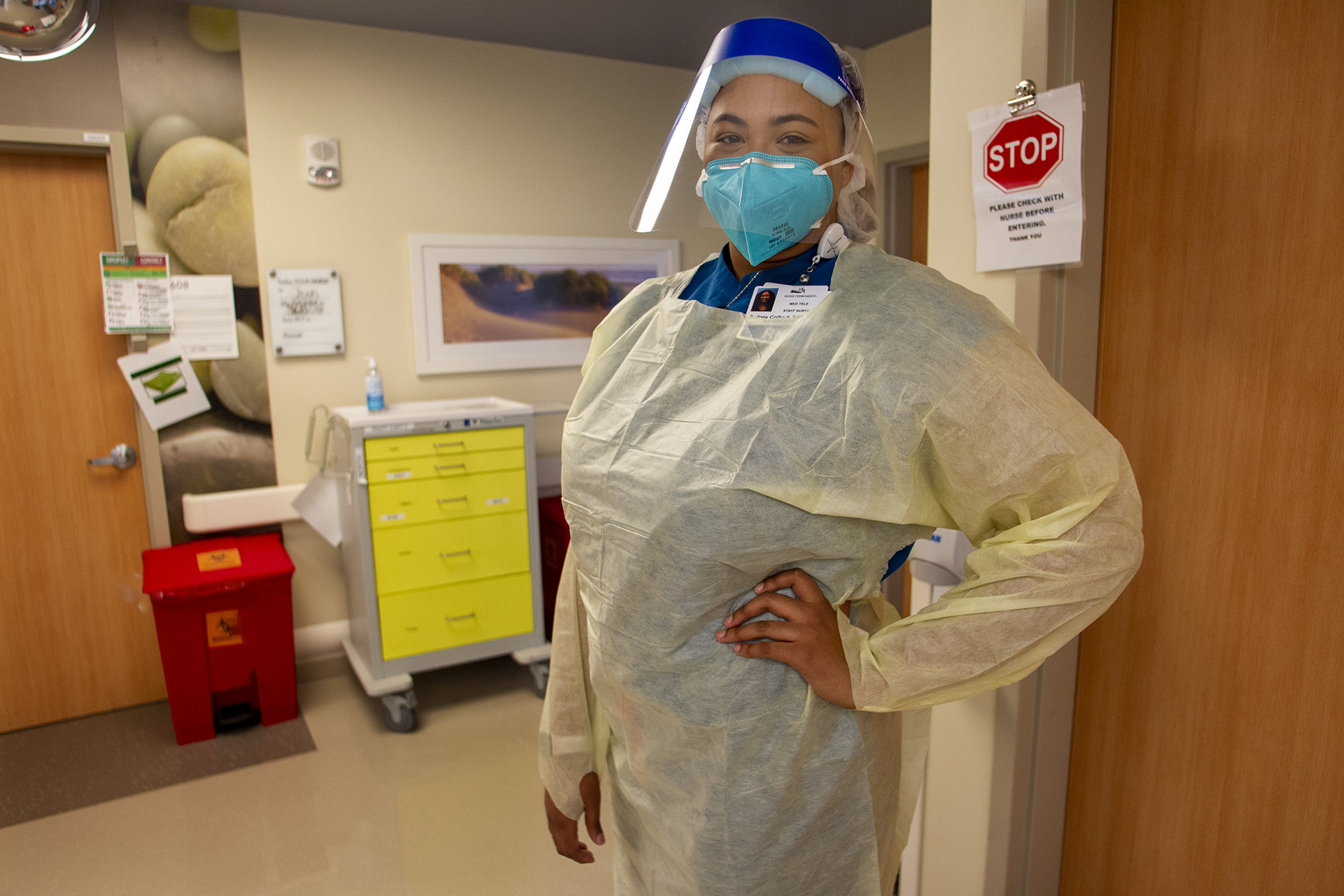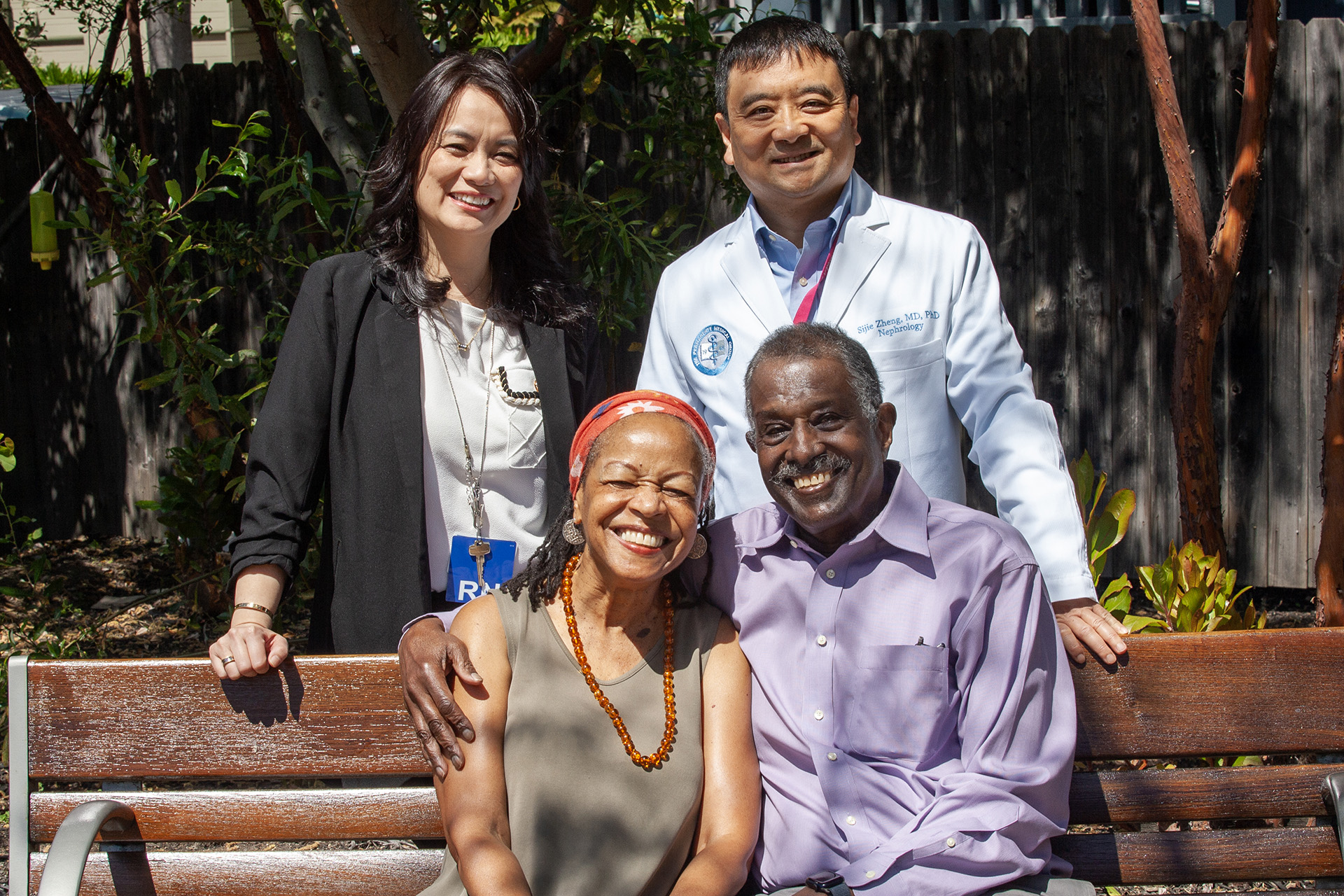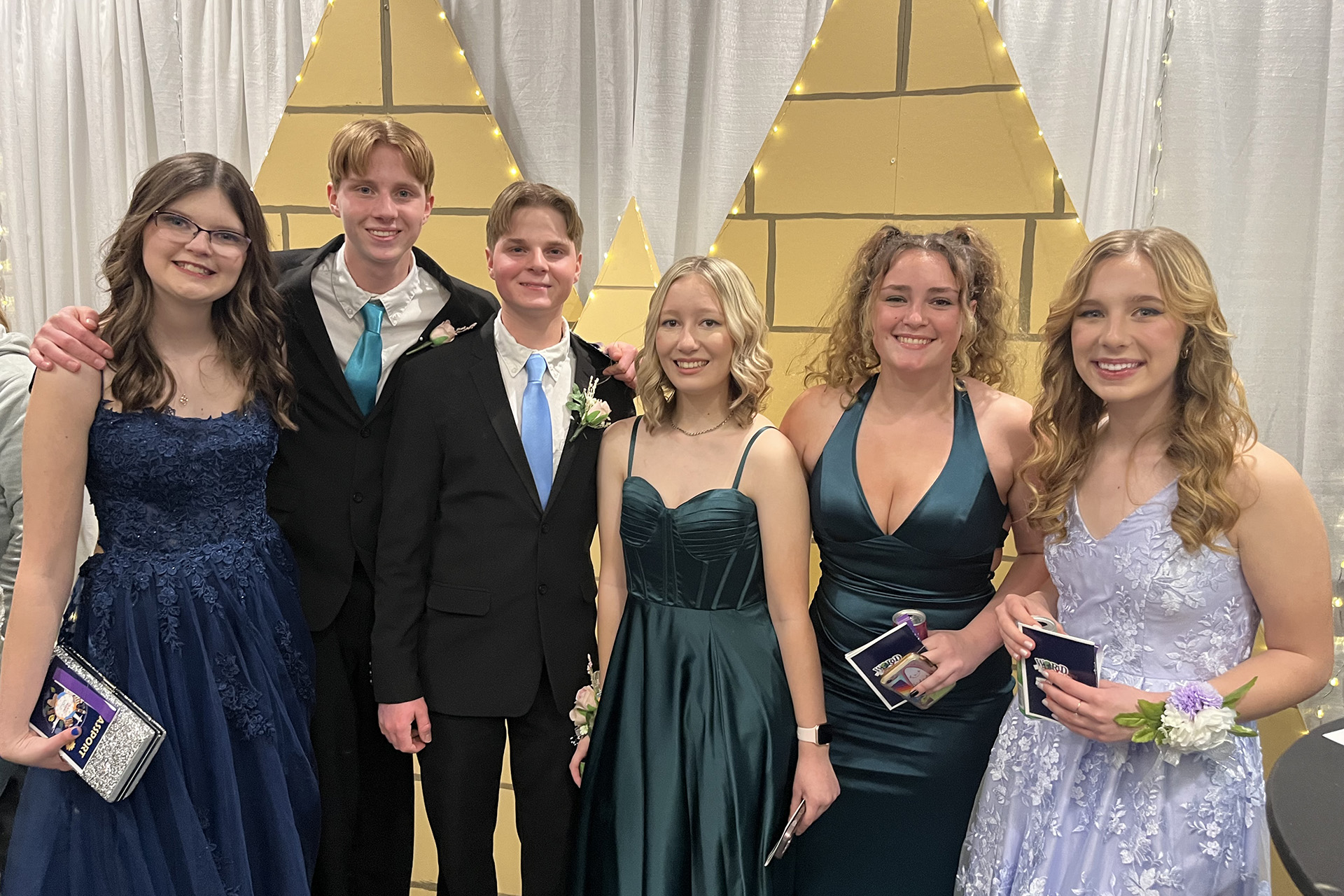Sydney Colbert knew she wanted to be in health care since she was 7 years old.
“I’m naturally caring and attentive, and I gravitated to nursing because I like to combine my love for science, medicine, and service,” said the 23-year-old who is 4 months into a yearlong nursing residency at Kaiser Permanente Oakland Medical Center, currently working in a COVID-19 unit.
Colbert, who earned a bachelor of science degree in nursing from California State University, East Bay, at the end of 2020, is one of 300 nursing school graduates who will complete the Kaiser Permanente Northern California Nurse Residency Program this year.
“Nursing is hard work and the pandemic has taken a toll on them.” – Paula Crespin, DNP, RN, regional manager of new graduate and special training programs for Kaiser Permanente.
The program is available to recently licensed registered nurses at all 21 Kaiser Permanente Northern California medical centers, allowing nurses to receive training and then work where they want to live, said Paula Crespin, regional manager of new graduate and special training programs for Kaiser Permanente.
About 20% of nurses in the residency program are Kaiser Permanente employees who made a career change and decided to become a nurse.
The program is part of a plan to meet an acute shortage of nurses in the state exacerbated in large part due to the stresses of the COVID-19 pandemic. On top of the 300 new nurses expected to graduate the residency program each year, Kaiser Permanente Northern California will have hired an estimated 1,500 more experienced nurses by the end of this year. A specialty training program also recently provided 72 Kaiser Permanente nurses the opportunity to work in new areas.
“It’s hard work and the pandemic has taken a toll on nurses,” said Crespin. “They are tired, and it has been emotionally, physically, and psychologically draining on them.”
Acute nursing shortage
A new study based on surveys of California nurses and nursing schools by the University of California, San Francisco, Health Workforce Research Center on Long-Term Care estimates the state currently has a shortage of about 40,000 nurses, partly due to an increase in retirements and partly from an increase in the numbers of older patients needing care.
The study shows that the percentage of older nurses in California ages 55 to 64 who planned to leave the profession more than doubled from 11.4 % in 2018 to 25.2% in 2020, with that rate expected to double again over the next 3 years.
The good news is that more younger nurses are expected to enter the field and the nursing shortage is expected to ease — but not for 5 more years.
Ann Williamson, PhD, RN, Kaiser Permanente Northern California chief nurse executive and vice president of clinical integration, told a group of prospective nurse residents that the residency program “is a personal passion of mine.”
“I believe strongly in our workforce pipeline, developing it, growing it, sustaining it,” Williamson said. “I also feel strongly about our commitment to support the profession of nursing by helping those who are graduating from college.”
Crespin said the next group of nurse residents will be chosen in early 2022 with a second group starting in mid 2022.
A breath of fresh Air
She said that although the COVID-19 pandemic has exhausted nurses in the field, the new nurses being trained have brought a breath of fresh air with their energy and enthusiasm.
“I had the opportunity to sit down with one of our residency preceptors who initially did not want to do the role because she was so tired, but decided to do it anyway,” said Crespin. “She said, ‘I want you to know the new grads on our units have made such a difference because they brought energy, spark, and a zest for the work.’ To me, that’s powerful.”
As a kid growing up in a Southern California “health care family,” Colbert’s mother was an X-ray technician, and her dad was a hospital facility administrator. Becoming a nurse during one of the most challenging times for the profession in decades did not faze her.
“I’ve never really been scared of getting COVID-19,” said Colbert. “When I work with COVID-19 patients, it’s really just about, ‘What am I going to do for them today?’”
For more information on the nurse residency program, visit the web page. Email questions to NCAL-Residency-Program@kp.org.





This Post Has 0 Comments